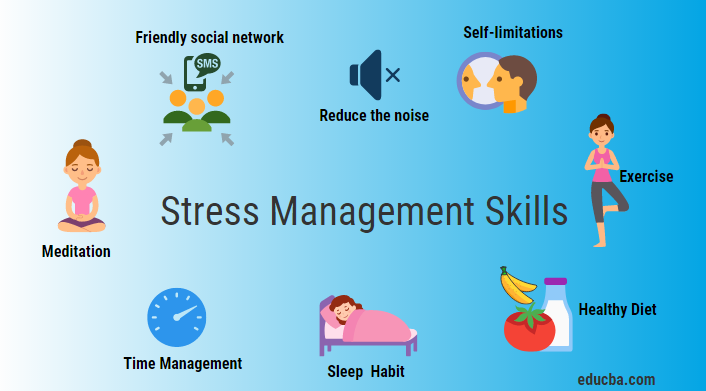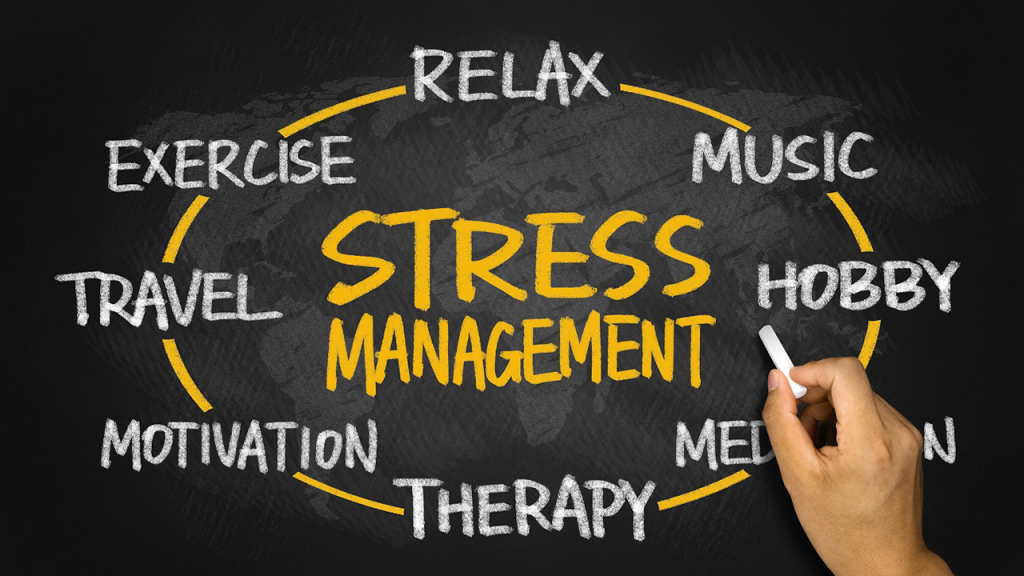An Insight on Stress Management Strategies
The intricate interplay between stress and our well-being is a subject that resonates with us all. In a recent article, contributor Jessica Avsenik explores the science behind stress, drawing insights from the perspective of Tarun Katapally, a researcher in the Faculty of Health Sciences. As we navigate the challenges of daily life, the weight of stress can often become palpable, raising a crucial question: How does stress impact our health over time?

Katapally, coming from a family rooted in healthy living, shares a personal anecdote that illuminates the potential health consequences of stress. Despite his father’s commitment to an active, smoke-free, and alcohol-free lifestyle, he underwent triple bypass surgery at the age of 65. Katapally reflects on this, emphasizing that consistent stress played a significant role in his father’s health setback. This resonates with broader evidence suggesting that stress has a tangible impact on physical health outcomes.
The physiological aspects of stress have been extensively studied, with a particular focus on the stress hormone cortisol. Elevated levels of cortisol, especially in cases of chronic stress, can disrupt nearly all processes within the body, posing increased risks of digestive issues, heart disease, and high blood pressure, as highlighted by the American Psychological Association.

Stress, while a subjective experience, has evolved over the years, with modern influences such as social media and the emergence of “toxic productivity” contributing to its intensified nature. Social media, a ubiquitous platform for information and connection, paradoxically becomes a significant contributor to stress and anxiety among users, as noted by Brightside Health.
Carly Bongard, a fourth-year MIT student, identifies deadlines as a formidable stressor, acknowledging their inevitability. As stress levels rise, the article explores strategies for alleviating stress, focusing on the resources available at Western University. While the university provides mental health resources like individual counseling, peer support, and group workshops, Bongard suggests that increased awareness through advertising could enhance accessibility to these services.

Bongard shares her personal coping mechanisms for stress, including visits to the gym, walks, and maintaining a daily task list. The importance of physical activity, especially exercises like weight lifting, resonates with her, positively impacting both her mental health and self-esteem.
In her role as a personal trainer in downtown London, Bongard advocates for the transformative power of fitness. She describes the experience of starting a fitness journey as akin to stepping into a new life, noting the significant improvements in mental well-being and stress reduction.

Katapally offers a straightforward piece of advice based on his experiences in medical school: “Always surround yourself with good people.” This echoes the importance of a supportive network as a powerful buffer against stress.
FOR MORE INTERESTING ARTICLES Perinatal Mental Health Screening,The EPDS Dilemma and Task Force Insights
As we reflect on the intricate relationship between stress and health, it becomes evident that the science behind stress is multi-faceted. The physiological responses, coupled with the evolving nature of stress in our contemporary lives, underscore the need for comprehensive approaches to well-being. Individuals like Carly Bongard, with her emphasis on physical activity, and researchers like Tarun Katapally, advocating for supportive social networks, contribute valuable insights into navigating the complex landscape of stress.
In conclusion, understanding the science behind stress involves recognizing its physiological impacts, acknowledging its evolving nature, and embracing diverse strategies for mitigation. Whether through university resources, personal coping mechanisms, or a commitment to physical fitness, individuals can forge a path towards well-being in the face of life’s inevitable stressor